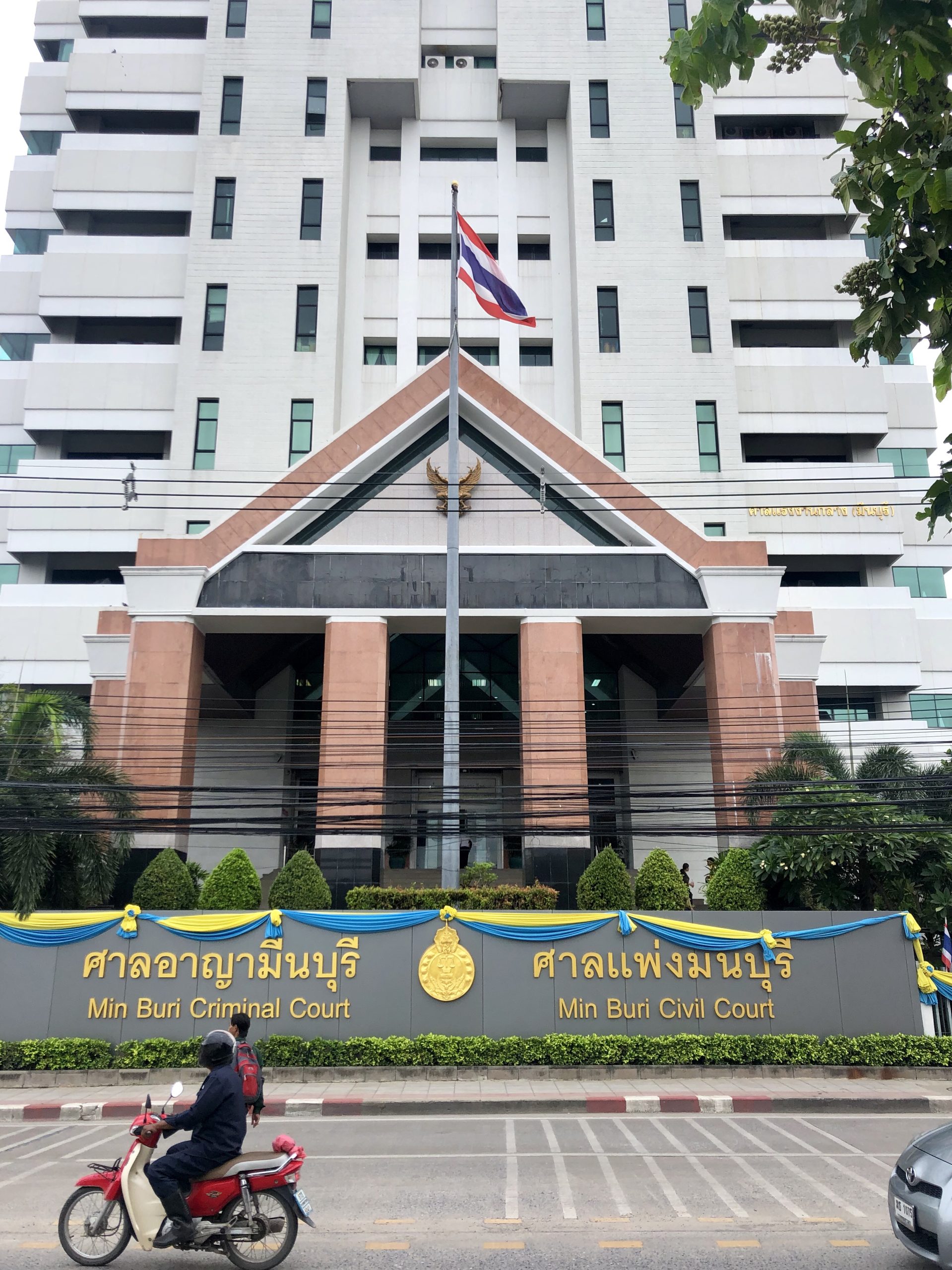The Clooney Foundation for Justice’s (CFJ) TrialWatch initiative monitored the trial in Thailand of Wut Boonlert, an indigenous rights activist, and Samak Donnapee, a retired national park officer, who were charged with criminal defamation.
The two men were prosecuted for social media posts that, according to the prosecution, suggested a government official was misusing national forest land for private gain. A TrialWatch Fairness Report released today finds that the prosecution against Mr. Boonlert was a “misuse of criminal law” that may have been politically motivated.
The UN Human Rights Committee and UN Special Rapporteurs have warned that Thailand’s criminal defamation law poses a significant threat to freedom of expression. Both have observed that this law is frequently used to harass human rights defenders and journalists, especially because charges can be brought by private parties.
Though Mr. Boonlert and Mr. Donnapee were acquitted, the charges against them demonstrate how Thailand’s criminal defamation law can be abused. The social media posts at issue in their case, which brought to light potential unlawful activity, were plainly protected political speech under Article 19 of the International Covenant on Civil and Political Rights. Nevertheless, Mr. Boonlert and Mr. Donnapee were forced to defend themselves.
It is deeply troubling that that the authorities decided to prosecute Mr. Boonlert and Mr. Donnapee and that a court permitted the charges to proceed to trial. CFJ calls on Thailand to repeal its criminal defamation law.
Background
As the Fairness Report explains, the facts surrounding the charges against Mr. Boonlert and Mr. Donnapee suggest that the prosecution may have been politically motivated.
First, the charges were fundamentally flawed. For a statement to be defamatory under Thai law it must be “likely to impair” an individual’s “reputation” or expose him to “hatred or scorn[].” The social media posts for which Mr. Boonlert and Mr. Donnapee were prosecuted, however, did not include the name of the government official who alleged that he had been defamed, nor, as the trial court found, could they have readily been understood to refer to him.
Second, during the proceedings, even the prosecution appeared to acknowledge that the social media posts at issue were meant to expose corruption. The posts stated that land owned by the brother of a government official encroached on public lands and that investigation into this alleged misconduct been “neglected.” According to the prosecution, these statements suggested that the government official had unlawfully “let[] his brother possess[]” parkland that had historically been home to indigenous people.
Third and finally, the government official who alleged that he had been defamed had a long, antagonistic history with both defendants and with indigenous groups. For instance, Mr. Boonlert had previously testified about the official’s role in the forced removal of indigenous groups from their lands. And Mr. Donapee had previously recommended that the official be transferred due to his alleged involvement in the disappearance of an indigenous activist.
For a full legal analysis of the trial and explanation of the grade that has been provided, please see the Fairness Report.
View statement in Thai (ภาษาไทย).
